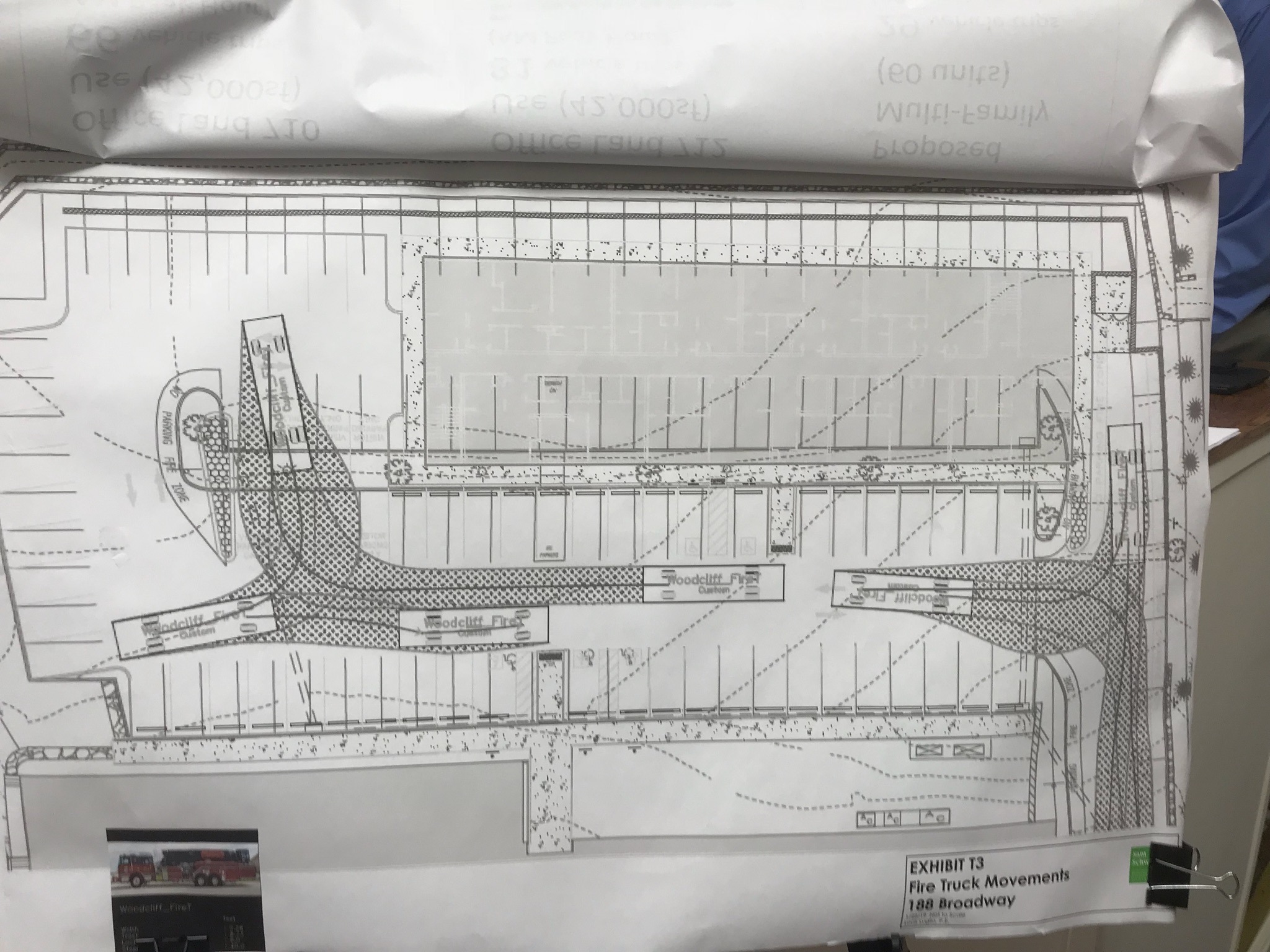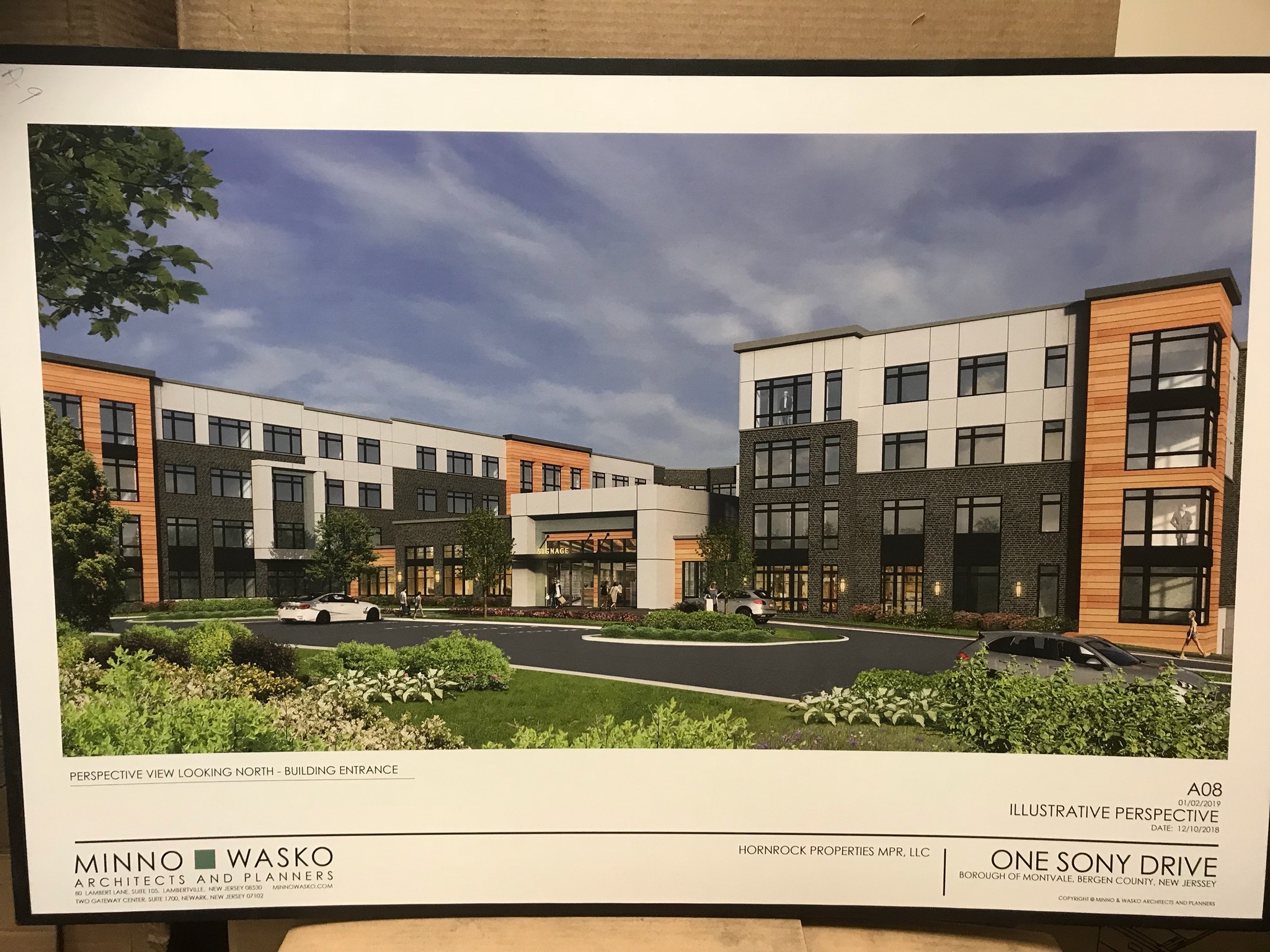
PASCACK VALLEY AREA, N.J.—Fair Share Housing Center, “the only public interest organization entirely devoted to defending the housing rights of New Jersey’s poor through enforcement of the 1975 Mount Laurel doctrine,” is launching a podcast.
In promoting “All About Housing* (*We’re coming to get our check),” a public education podcast “about New Jersey’s low-income communities and their struggle to find and move into affordable housing,” the Cherry Hills-based nonprofit says, “We look forward to answering your questions, sharing stories, and working to transform lives.”
“We’re coming to get our check” appears to refer to a statement on systemic economic disparity by Dr. Martin Luther King Jr. leading up to the 1968 Poor People’s March on Washington: “Now, when we come to Washington in this campaign, we are coming to get our check.”
Residents with opinions on development, redevelopment, and overdevelopment in the Pascack Valley might want to take note.
Under Mount Laurel, all New Jersey municipalities must plan, zone for, and take affirmative actions to provide realistic opportunities for their “fair share” of the region’s need for affordable housing. Need is established by income.
The podcast’s first episode, What’s Going On New Jersey?, hosted by Housing Access Organizer Elorm Ocansey, airs Thursday, Feb. 18, at 6:30 p.m.
Ocansey joined Fair Share Housing Center in 2019. Previously, he was an AmeriCorps volunteer with New Jersey Community Capital, working as a communication specialist for its low-income homeownership program. He holds a B.A in communications and cinema studies from Rutgers University.
“If you look at a lot of the issues we are having right now in our society, it has a lot to do with the fact that people don’t know each other, and don’t interact with each other, and this creates misunderstanding and animosity,” FSHC says.
It adds, “The only way that we’re going to fix this problem is we need to talk about some things we do not want to talk about.”
Ties to developers?
FSHC, founded in 1975, litigates against towns in enforcement of fair housing development.
Following the 1975 Mount Laurel court decision and nearly a decade of inaction on affordable housing, New Jersey passed its Fair Housing Act in 1985, mandating affordable housing and creating the Council on Affordable Housing (COAH).
In 2015, the state Supreme Court declared COAH defunct and ordered state superior courts to negotiate and impose “fair share” or affordable housing.
The courts have determined that the constitutional obligation to provide for the development of affordable housing is a continuing obligation, proceeding in rounds. Compliance with each round is what gives a municipality a period of immunity against builder’s remedy lawsuits.
Round 4, likely to be a 2021 gubernatorial debate topic, commences July 2025.
An affordable unit means a sales price or rent for a dwelling that is within the means of:
- Moderate-Income Household (i.e., making 50% to 80% of the regional income limit)
- Low-Income Household (i.e., making less than 50% of the regional income limit)
- Very-Low-Income Household (i.e., making less than 30% of the regional income limit).
Fair to whom?
One of the strongest and loudest complaints against affordable housing mandates in New Jersey—and particularly in Bergen County, the state’s most densely populated county—is that it leads to overdevelopment.
On its website, https://fairsharehousing.org, the organization says “The Mount Laurel Doctrine has led to the development of over 60,000 affordable housing units outside New Jersey’s racially and economically segregated urban centers.”
While most municipalities in the Garden State, and all eight we cover in Pascack Valley, have settled their affordable housing obligation through 2025, local officials have started calling for changes in the 1985 state law that mandates affordable housing obligations.
Some critics, including District 39 Assemblywoman Holly Schepisi, have alleged that the FSHC has ties to developers.
Several area mayors, including Park Ridge’s Keith Misciagna and Montvale’s Michael Ghassali, went to Trenton two years ago to plead their case against court-ordered high-density housing to help fulfill affordable obligations.
Most recently, Park Ridge settled its long-running litigation against a developer, agreeing to a 448-unit townhouse development on about 30 acres of former Sony property. This includes 68 affordable units.
The borough had forcefully opposed any such development but several court decisions against it and the threat of losing immunity to builder’s remedy lawsuits played a role in the borough’s decision to settle, said its attorneys.
We reached out to Fair Share Housing Center Executive Director Adam Gordon on a number of questions at press time, including over FSHC’s assessment of its success/ongoing challenges in the Pascack Valley, the prominence of King’s quote “We are coming to get our check” in the podcast title, and for comment on criticisms linking FSHC’s efforts to overdevelopment.
In “I May Not Get There With You: The True Martin Luther King, Jr.,” author Michael Eric Dyson writes in part that King “understood that the government owed something to the masses of black folk who had been left behind as America parceled out land and money to whites while exploiting black labor.”
“At the very same time that America refused to give the Negro any land,” King argues, “through an act of Congress our government was giving away millions of acres of land in the West and the Midwest, which meant it was willing to undergird its white peasants from Europe with an economic floor.”
Dyson continues, “Building a full head of steam, King rolls his rhetoric down the track of just compensation for blacks by contrasting even more sharply the unequal treatment of the races in education, agriculture, and subsidies.”
King was assassinated three weeks before the march. The event demanded overdue economic and human rights for poor Americans of diverse backgrounds.
— With Michael Olohan



